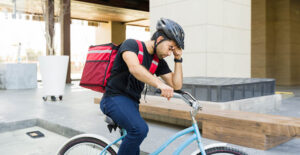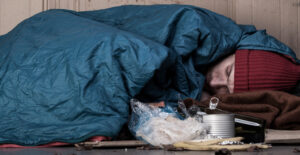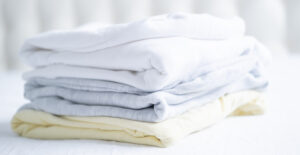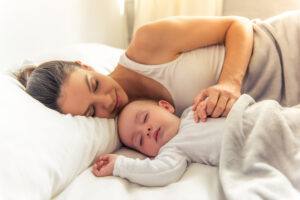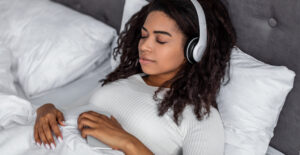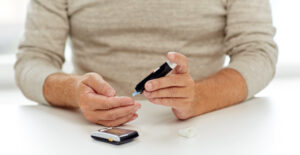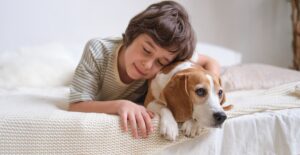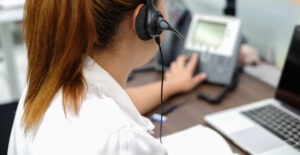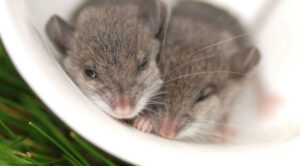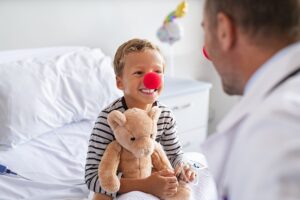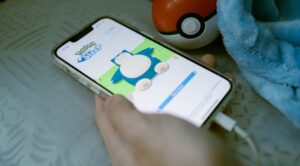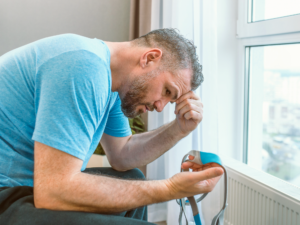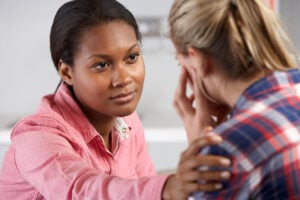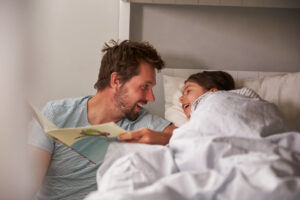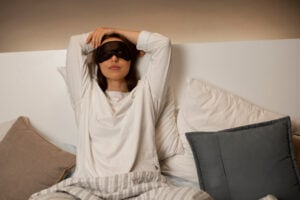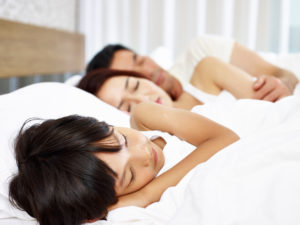Oura Launches New Crowdsourcing Research Platform for Its Popular Smart Ring App
Our Correspondent Shares Her Husband's Initial Reactions
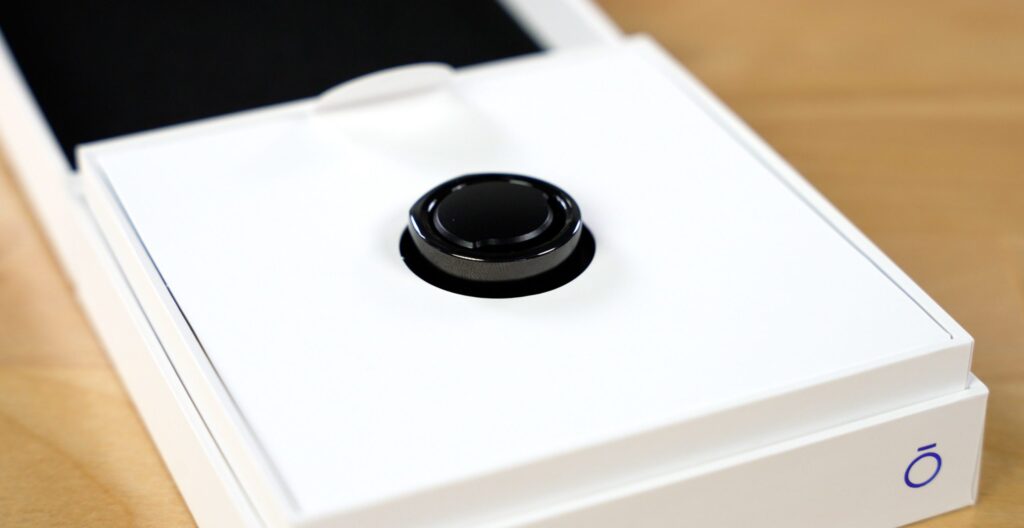
As a veteran Fitbit user, I wasn’t jealous when my husband announced he was purchasing an Oura Ring, a wearable smart device that tracks fitness, stress, sleep quality, and health metrics. However, a recent company announcement has me questioning my eight-year allegiance to my current fitness and sleep tracker.
Since the 2015 launch of the Oura Ring, Finland-based Oura Health has expanded operations to the U.S. and to date has sold more than a million wearable devices. The Oura Ring uses sophisticated sensors to track metrics like body temperature, heart rate, respiration, and body movements. The data feeds to a mobile app that produces daily reports, including sleep scores and daytime readiness estimates.
Looking to further capitalize on the data it collects, in April the company announced a new platform on its app called Oura Labs. According to a press release, Oura Labs allows subscribers to opt in to a variety of offerings, including testing experimental features and participating in research studies. The platform also makes it easier for users to provide feedback and contribute to discussions about the popular wearable device, the company says.
My husband started wearing his Oura Ring on April 3. He is currently obsessed with its sleep stats and is already participating in Oura Labs’ first beta testing feature.
Theoretically, this Oura Labs feature may help prevent the spread of illnesses by alerting users that they might be contagious.
Known as Symptom Radar, this new feature gives Oura members the ability to detect early changes in health metrics that could signal an upper respiratory illness. While it hasn’t happened to my husband yet, when the app detects a potential illness, it automatically suggests that the user activate Rest Mode, a function that disables activity progress goals and activity scores to help the user “prioritize rest and recovery.”
Symptom Radar works by assessing biometric data such as body temperature, respiratory rate, and heart rate, all of which may change when someone is getting sick. Theoretically, this Oura Labs feature may help prevent the spread of illnesses by alerting users that they might be contagious.
Oura Labs is currently only compatible with Apple’s iOS mobile operating system. The company says in the press release that everything in Oura Labs is experimental and “may end up being removed, reworked, or promoted to a permanent spot in the app’s feature set based on considerations such as member engagement and feedback.”
In the meantime, my husband and other Oura Ring users have an opportunity to engage in a community platform that may help improve their health and well-being. Maybe I am a little jealous after all.
Got a hot tip? Pitch us your story idea, share your expertise with SleepFoundation.org, or let us know about your sleep experiences right here.
References
4 Sources
-
Chapp, M. (2022, March 24). One million thank yous from Oura. Oura Health.
https://ouraring.com/blog/one-million-thank-yous-from-oura/ -
Oura Health. (2024, February 7). Technology in the Oura Ring. Retrieved April 25, 2024, from
https://ouraring.com/blog/ring-technology/ -
Oura Health. (2024, April 3). ŌURA introduces Oura Labs, a new in-app innovation hub for members [Press release].
https://www.businesswire.com/news/home/20240403398484/en/%C5%8CURA-Introduces-Oura-Labs-A-New-In-App-Innovation-Hub-for-Members -
Davies, P. S., & Maconochie, I. (2009). The relationship between body temperature, heart rate and respiratory rate in children. Emergency Medicine Journal, 26(9), 641–643.
https://pubmed.ncbi.nlm.nih.gov/19700579/




